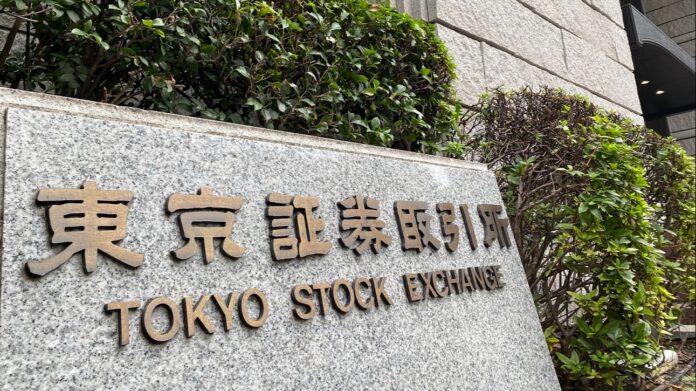Global stocks are set to close the week lower as investors await key U.S. economic data, a closely-watched Japanese parliamentary election, and other significant events impacting global markets. MSCI’s world equity index remained steady on Friday but was down 1.2% on the week, its first weekly loss in October, with European shares also dipping by 0.2%. U.S. Treasuries found buyers yet remained on course for a sixth straight week of losses, and the U.S. dollar weakened. Futures on the S&P 500 indicated subdued trading, pointing toward a lackluster day for Wall Street.
This week marks the start of several pivotal market events. Japan’s parliamentary election on Sunday could influence Asian markets, while the U.S. payrolls report on Friday may provide insight into the Federal Reserve’s stance on future interest rate decisions. Additionally, major earnings from tech giants Alphabet, Amazon, Apple, Meta, and Microsoft will shape investor sentiment.
The upcoming U.S. presidential election on November 5, followed by a Fed policy decision on November 7, adds layers of uncertainty. Recent market trends have leaned towards the Republican candidate, former President Donald Trump, returning to office. Investors anticipate his administration would likely introduce business tax cuts, a move they believe could offset potential inflation arising from proposed tariffs on imports. These expectations previously drove Wall Street to record highs in October.
However, with Trump and Democratic Vice President Kamala Harris neck and neck in key swing states, investors remain wary of the potential market volatility tied to a contested election result. Such an outcome could bring fresh geopolitical uncertainties, which may affect global equity performance in the weeks to come.
“I think we might have two or three months of maximum uncertainty and social risk. And the markets would not like that at all,” Carmignac chief economist for cross-asset Raphael Gallardo said.
Britain’s 10-year gilt yield rose to 4.212%, up 18 basis points this week, as concerns grow over potential shifts in the upcoming October 30 Budget, where Finance Minister Rachel Reeves has hinted at loosening debt rules to permit higher borrowing. Global volatility indicators have also increased, with the VIX index, a measure of anticipated S&P 500 fluctuations, climbing to 19 from 15 last month, and the MOVE index, which tracks bond market volatility, nearing its highest level in a year. Euro volatility surged as well, reaching an 18-month high on Thursday.
In commodities, gold dipped 0.3% to $2,727 per ounce after a record high earlier in the week driven by haven demand. Currency markets saw the euro stabilize at $1.0823, down from $1.12 a month prior, while the British pound fell to $1.297, dropping nearly 3% this month.
U.S. economic data released overnight revealed an unexpected decrease in weekly jobless claims, adding to market speculation regarding the Federal Reserve’s next moves. Following a 50-basis-point rate cut in September, markets had initially expected another substantial cut. However, expectations have shifted, with most traders now anticipating a more modest 25-basis-point reduction.
The yield on the U.S. 10-year Treasury, a global benchmark for borrowing costs, held steady at 4.1801% after touching a three-month peak of 4.26% earlier this week. The dollar index also remained stable at 104.03, following its own three-month high on Wednesday.
In Asia, Japan’s Nikkei dropped 0.7% amid political uncertainties, as polls suggest the ruling Liberal Democratic Party may need a coalition to maintain influence, which could impact Bank of Japan policies. The yen remained stable at 151.87 per dollar after officials warned against speculative currency moves. Hong Kong’s Hang Seng gained 0.5%, and mainland Chinese shares rose 0.7%, while Brent crude futures added 0.3%, trading at $74.66 per barrel.























